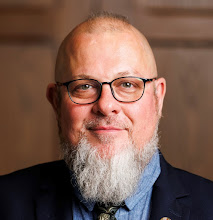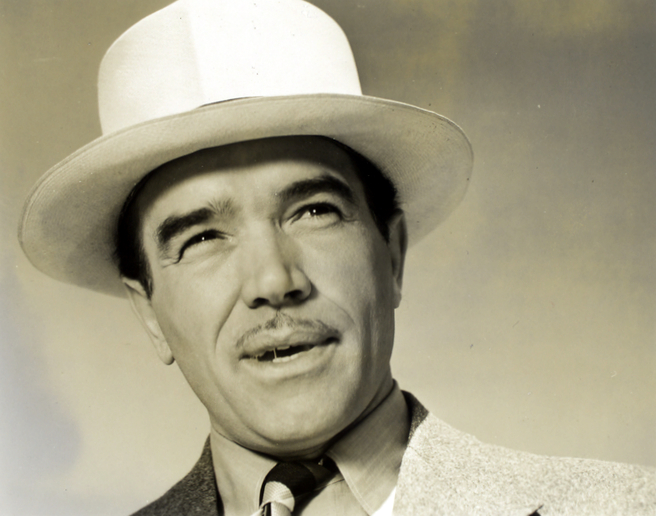 |
| Frankie at Pawtails Rural Retreat (and Frida in the background) When she chewed my Nokia recharge cable, I bought a smartphone. But I survived. |
 Deep Work: Rules for Focused Success in a Distracted World by Cal Newport
Deep Work: Rules for Focused Success in a Distracted World by Cal NewportMy rating: 4 of 5 stars
I had heard so much about this book from Ryan Holiday, Art of Manliness, and also the NPR podcast The Hidden Brain I just had to read it. Newport is Associate Professor of Computer Science at Georgetown University and he has given me a ton of confidence about my earlier approaches to my work, and several new ideas to try. I went on a hiatus from mobile phones from 2009 to 2015. Only when we moved an hour out of Canberra was I given an ultimatum by my wife that if I insisted we live in the country, I had to have a mobile phone. For a while I resurrected the old Nokia I bought in Amman, Jordan in 2009 while on sabbatical there. But when my (then) puppy Frankie chewed the recharging cable, it didn't make much sense to make such a statement so I updated. I had learnt the value if being unplugged. Over time, I have ebbed and flowed with social media to the point where now I seem to have a handle on it. I can recognise when I am going down the rabbit hole and self-rescue. But I don't think this is enough. Newport's work is interesting in that he is an academic, so his stories are instantly recognisable. The tips are clear and the advice is sound. And it obviously worked. Fortunately, I already have tenure, but I have to build a citadel around my deep work, or the shallow work will destroy me. A recent stint of long service leave gave me the break I desperately needed, and I have been productive. But I need to upset a few more people by avoiding the trivial nonsense that saps my time. I have always done this, but only jokingly outlined my theories. Newport gives me a new sense of resolution, so watch this space. If you are struggling to cut out endless, nonsensical, shallow work, read this book.
View all my reviews
 Donate
Donate





















 The Political Flâneur: A Different Point of View
The Political Flâneur: A Different Point of View